If you’re an early-stage start-up looking to start capital raising, it is an exciting time.
You have rapid growth in sight, and you just need those juicy funds to help you to take the next leap.
However the capital raising process can be a tricky one, especially if you’ve never done it before.
Fast and loose
While ‘fast and loose’ is a pretty common (and admittingly, proven) approach in the start-up world, it can actually come back to bite you in the capital raising context.
How so, you ask?
The main time you will see these mistakes become obvious, is in later due diligence (DD) by a large investor in a later round.
If you get through a ‘fast and loose’ raise, it may work for the short term. But when an experienced investor or VC comes along for a later round, with a bunch of money on the table, they are going to want to see how you’ve handled things leading up to their investment. They want to make sure they’re not investing in a company that has cut corners, and could therefore be liable for regulatory fines or shareholder actions later on.
Basically, they don’t want to invest in a company that turns out to actually be a bit of a structural mess! If any cut corners don’t scare them away completely, it can definitely lead to the suggestion of a lower valuation. Or if nothing else, it might just be a really embarrassing conversation and a solid knock to the investors’ faith in the founders.
Below we’ve summarised a few basic errors that we see early stage start-ups make in their first raise, and suggestions for how to avoid them.
1. Share split
This is such an easy one, but one that so many founders put off for no good reason.
A split is needed where the company only has a small number of shares on issue.
For example, a Company could split 200 shares on issue into 20 million. As a result, each share will be worth less, but the Company will be able to issue more shares with less dilution effect. This can allow a Company to better allocate an exact proportion of ownership to later investors.
If you go through your first raise with only 100 or so shares on issue, this might allow you to allocate the intended amount of ownership for that round. But then when you come to the next, it will be much harder to allocate specific proportions to various investors. A share split will also allow your share price to be lowered, which can often make the offers appear more attractive to an investor.
Share splits require member approval, so it is worth setting up your company with a larger amount of shares in the early days, so you’re ready for the big investors later on.
2. Members approval
Most Shareholder Agreements and Constitutions contain ‘pre-emptive rights’ provisions. Pre-emptive rights require that before the Company issues shares to new investors, it first has to offer them (on those same terms) to the existing shareholders. Pre-emptive rights will also often apply to transfers.
If your Company documents have pre-emptive rights, you should either:
- Request that all shareholders sign a ‘Waiver’ for the raise. In this resolution, the members will agree not to enforce those rights and approve the raise to proceed; or
- Follow the pre-emptive rights process, and offer the shares on the same terms to your current shareholders. Keep in mind that current shareholders will often be the best investors anyway – so keep them in the loop!
If you don’t follow the process here, it can make later investors feel uneasy. If you didn’t follow the process for the early shareholders, then how would an investor know you are going to follow it for them? Transparency here is key.
3. Shareholder agreement
There will be other capital raising processes to check in your shareholders agreement. A common mistake start-ups make is not checking their own rules before proceeding with a raise. While there are not often immediate consequences of this, it can again reduce the trust of an investor when they notice it has happened in the past.
Another common ‘shareholders agreement’ mistake a start-up will make in a raise, is not having one at all. If you need any help with a shareholders agreement, let us know and our Cake partners can assist with special fixed-fee offers.
4. Disclosure requirements
When capital raising, it is important for the start-up to know what ‘disclosure exemptions’ it is using to avoid the requirement for a prospectus. It is just as important to keep records of the exemptions used.
Again, while it’s possible the start-up is acting compliantly anyway, it can be embarrassing when a VC asks to see the records of this, and those records don’t exist. Again, our legal partners can make sure you have these records all set up, and Cake can keep those records in place as your raise powers on.
5. Credible valuation
This can be a tricky one.
Valuing a start-up in an early stage round is hard, and there is no perfect method.
However, one mistake start-ups will make is not thinking about it enough, and scaring away investors from the get-go. Think cringe-worthy Shark Tank crumble moments, when the sharks ask the founder to explain how they arrived at that $10m value.
Make sure that whatever valuation you propose is reasonable, and you can back it up. The Berkus Method is a popular one for early stage start-ups. Cake has valuation partners who can assist, all at fixed fees.
And if you just can’t determine a suitable valuation early on, perhaps you should consider a Convertible Note for your raise instead. Sometimes, this can be better than making the mistake of massively undervaluing your company.
6. Number of shareholders
A common mistake start-ups will make in their first round, is to offer shares to anyone that wants them.
Private companies in Australia can have a maximum of 50 (non-employee) shareholders. After this, they need to convert to a public company. This comes with more costs, more regulation and less control.
Aside from this, having more shareholders can also just make it harder to get things done. For example, getting basic members waivers for later rounds can be a lengthy process.
It is worth setting a minimum investment amount for your raise, to help keep that shareholder count low – save room for later!
7. Stock option pool
Some start-ups will start their raise round with an option pool considered, but no steps to actually formalise it yet. For example, they haven’t added it to their cap table, or added the recipients and allocations.
The result of this is they need to retrospectively get it all done with the new investors, following the raise.

Simplify your capital raise
On Cake, you can set up your ESOP in a matter of minutes. It is worth getting it all done properly now, to avoid the awkward conversation with later investors of why it was not done earlier. Even if you don’t have recipients in mind yet, you can create the Plan, and have it there to make offers when you’re ready – no more approvals required.
Do it right now, save the headache later
We fully support the go-fast start-up attitude, and are big believers of the 80/20 principle ourselves.
However, when capital raising, it doesn’t need to be hard to get it done right. Cake can streamline the process, and make sure your company is in squeaky clean condition for when a big investor wants to start asking questions later.
This article is designed and intended to provide general information in summary form on general topics. The material may not apply to all jurisdictions. The contents do not constitute legal, financial or tax advice. The contents is not intended to be a substitute for such advice and should not be relied upon as such. If you would like to chat with a lawyer, please get in touch and we can introduce you to one of our very friendly legal partners.









